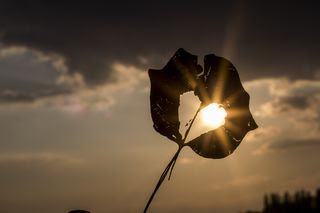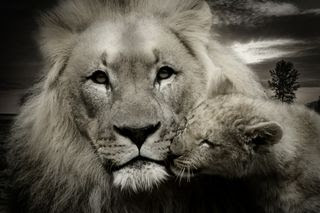De-Conditioning the Hungry Ghosts: Bringing Mindfulness and Self-Compassion to Craving and Addiction

In Buddhist cosmology, one of the psychic domains that is described is the Realm of the Hungry Ghosts. The hungry ghost figures are depicted with scrawny little necks and huge bellies — riddled with powerful desires they can never really satisfy. Nearly everyone I know struggles with their own version of the hungry ghost syndrome. In a very human way, desires are natural and wholesome. They are necessary for us to survive and flourish. The challenge is that, to the degree that our basic needs for safety, bonding, and a healthy sense of our value are unmet, desire contracts and we become fixated on substitutes. Whether it’s alcohol or drugs, or perfectionism, or approval, it catches and confines us. It creates tremendous pain and stops us from living from a deeper sense of presence and love. William C. Moyers, well known for his work in the field of addiction and for his own poignant struggle with the disease, spoke at an MIT conference several years ago. He said: "I have a...








